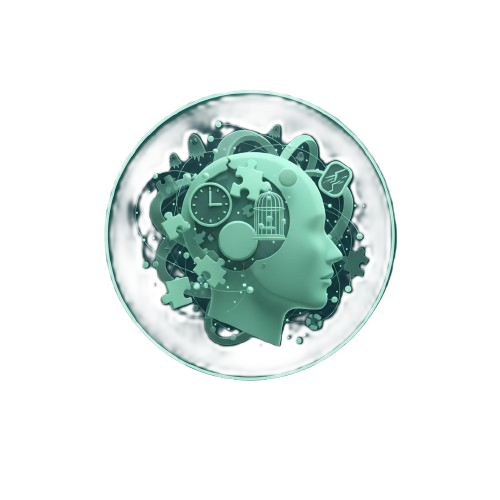- Amman, King Hussain Park, Jordan
- +(962) 000-0000
- info@curafile.com
Mental Health
- Home
- Mental Health
Mental health includes our emotional, psychological, and social well-being. It affects how we think, feel, and act as we cope with life. It also helps determine how we handle stress, relate to others, and make choices. Mental health is important at every stage of life, from childhood and adolescence through adulthood and aging.
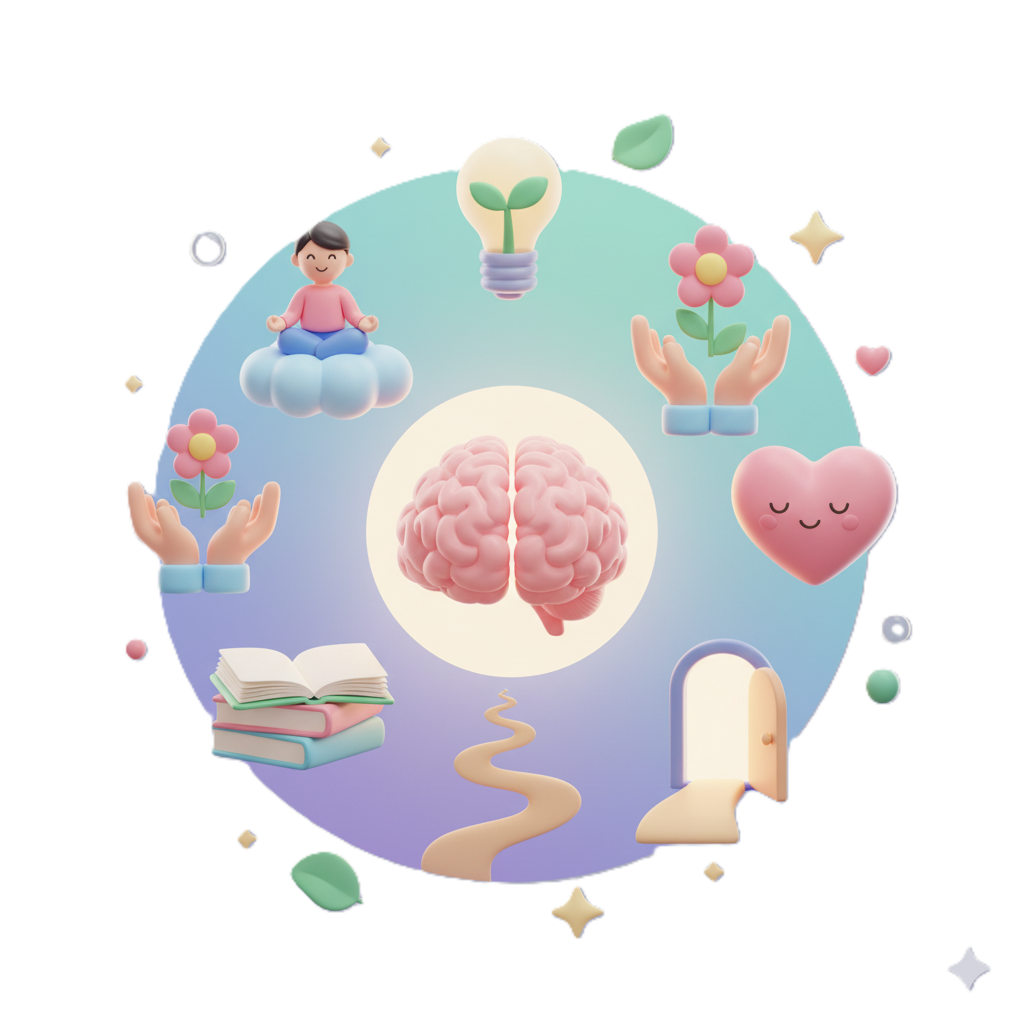
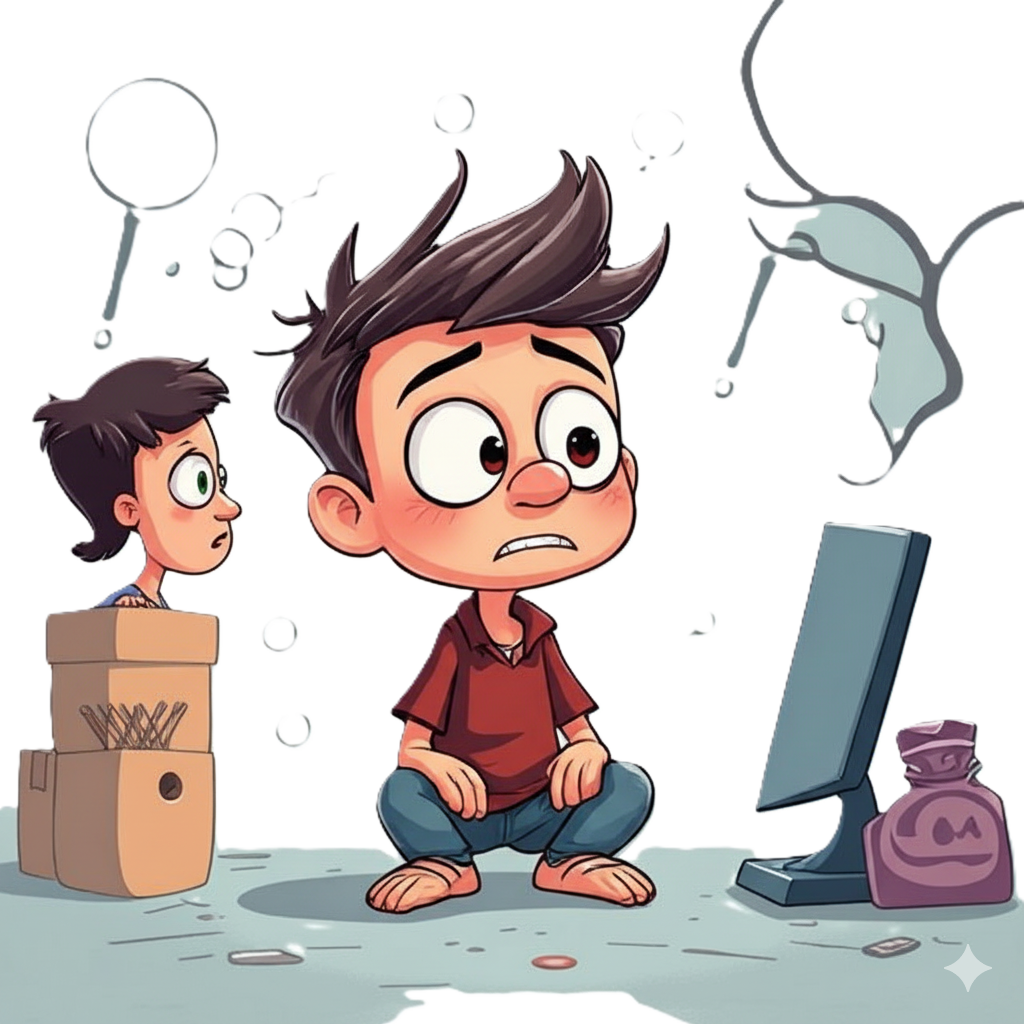
Mental Disorders
Mental health includes our emotional, psychological, and social well-being. It affects how we think, feel, and act as we cope with life. It also helps determine how we handle stress, relate to others, and make choices. Mental health is important at every stage of life, from childhood and adolescence through adulthood and aging.
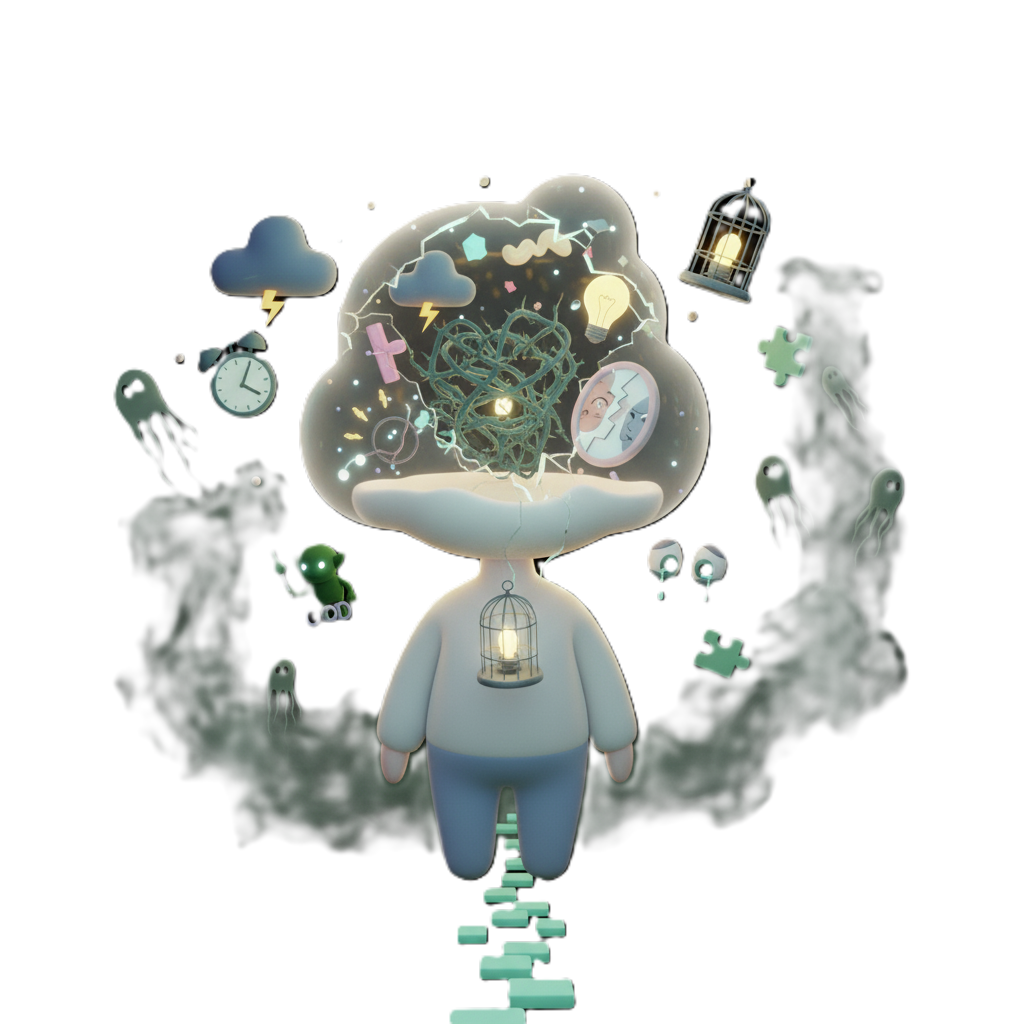
Anxiety is a feeling of fear, dread, and uneasiness. It might cause you to sweat, feel restless and tense, and have a rapid heartbeat.
Generalized anxiety disorder (GAD) is a mental disorder in which a person is often worried or anxious about many things and finds it hard to control this anxiety.
Generalized anxiety disorder (GAD) is a mental condition in which you’re frequently worried or anxious about many things. Your anxiety may seem out of control and get in the way of everyday activities.
A phobia is a type of anxiety disorder. It is a strong, irrational fear of something that poses little or no real danger.
Panic disorder is a type of anxiety disorder. It causes repeated panic attacks, which are sudden periods of intense fear, discomfort, or a sense of losing control. These attacks happen even though there is no real danger.
Obsessive-compulsive disorder (OCD) is a mental disorder in which you have thoughts (obsessions) and rituals (compulsions) over and over.
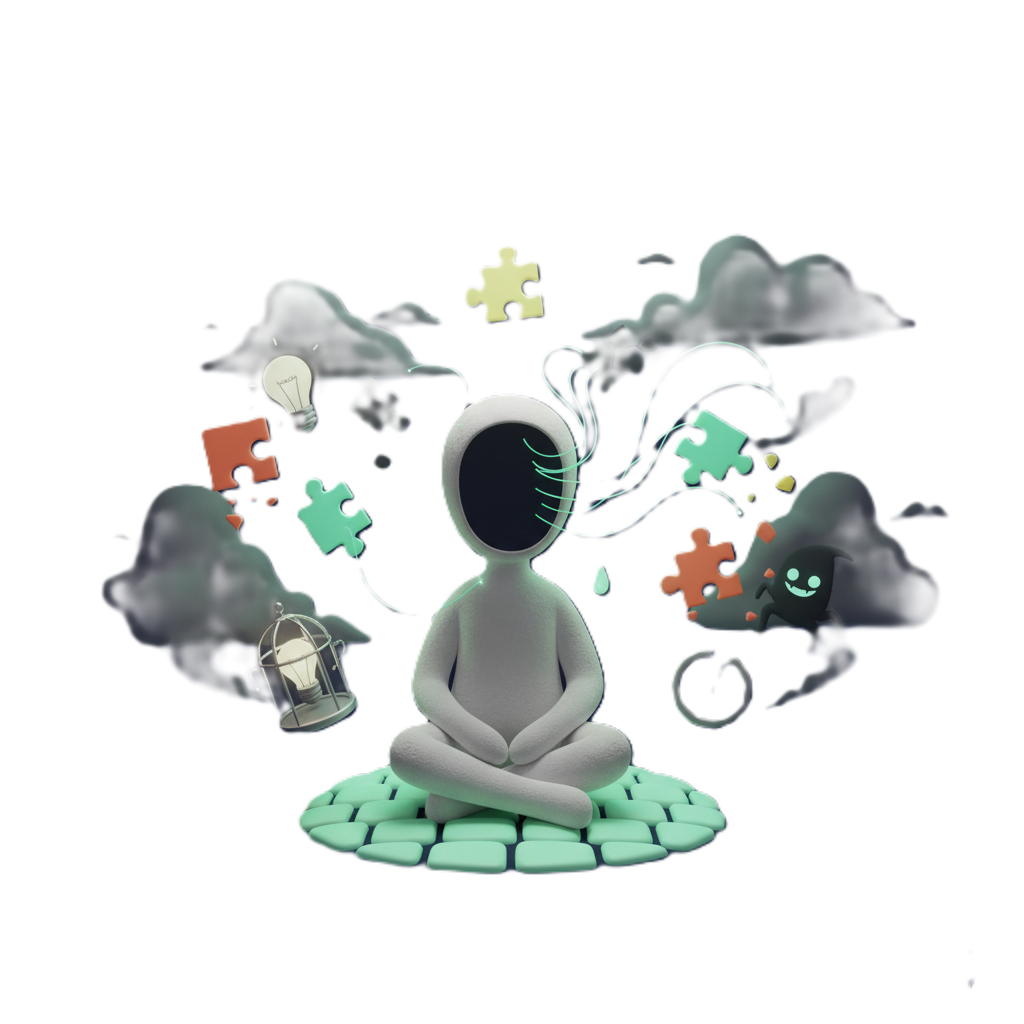
Psychotic disorders are severe mental disorders that cause abnormal thinking and perceptions. People with psychoses lose touch with reality. Two of the main symptoms are delusions and hallucinations. Delusions are false beliefs, such as thinking that someone is plotting against you or that the TV is sending you secret messages. Hallucinations are false perceptions, such as hearing, seeing, or feeling something that is not there.
Schizophrenia is one type of psychotic disorder. People with bipolar disorder may also have psychotic symptoms. Other problems that can cause psychosis include alcohol and some drugs, brain tumors, brain infections, and stroke.
Treatment depends on the cause of the psychosis. It might involve drugs to control symptoms and talk therapy. Hospitalization is an option for serious cases where a person might be dangerous to himself or others.

Eating disorders are serious mental health disorders. They involve severe problems with your thoughts about food and your eating behaviors. You may eat much less or much more than you need.
Anorexia is an eating disorder that causes people to weigh less than is considered healthy for their age and height, usually by excessive weight loss.
Binge eating disorder is an eating disorder in which a person regularly eats unusually large amounts of food. During binge eating, the person also feels a loss of control and is not able to stop eating.
Bulimia is an eating disorder in which a person has regular episodes of eating a very large amount of food (bingeing) during which the person feels a loss of control over their eating.
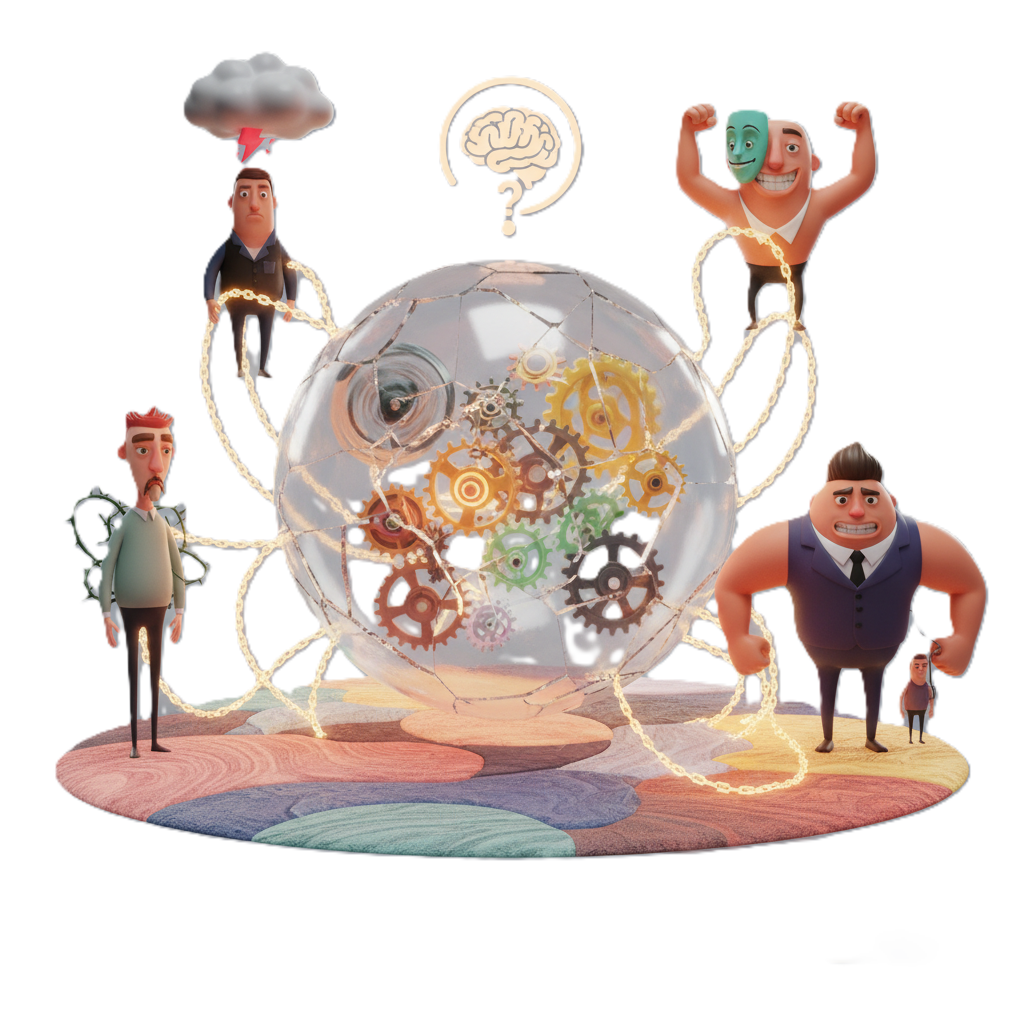
Your personality is your own way of thinking, feeling, behaving, and relating to others. Once you become an adult, your personality usually doesn’t change much.
Antisocial personality disorder is a mental condition in which a person has a long-term pattern of manipulating, exploiting, or violating the rights of others without any remorse.
Avoidant personality disorder is a mental condition in which a person has a lifelong pattern of feeling very: Shy, Inadequate and Sensitive to rejection
Borderline personality disorder (BPD) is a mental condition in which a person has long-term patterns of unstable or turbulent emotions.
Dependent personality disorder is a mental condition in which people depend too much on others to meet their emotional and physical needs.
Histrionic personality disorder is a mental condition in which people act in a very emotional and dramatic way that draws attention to themselves.
Narcissistic personality disorder is a mental condition in which a person has: An excessive sense of self-importance, An extreme preoccupation with themselves and A lack of empathy for others
Obsessive-compulsive personality disorder (OCPD) is a mental condition in which a person is preoccupied with: Rules, Orderliness and Control
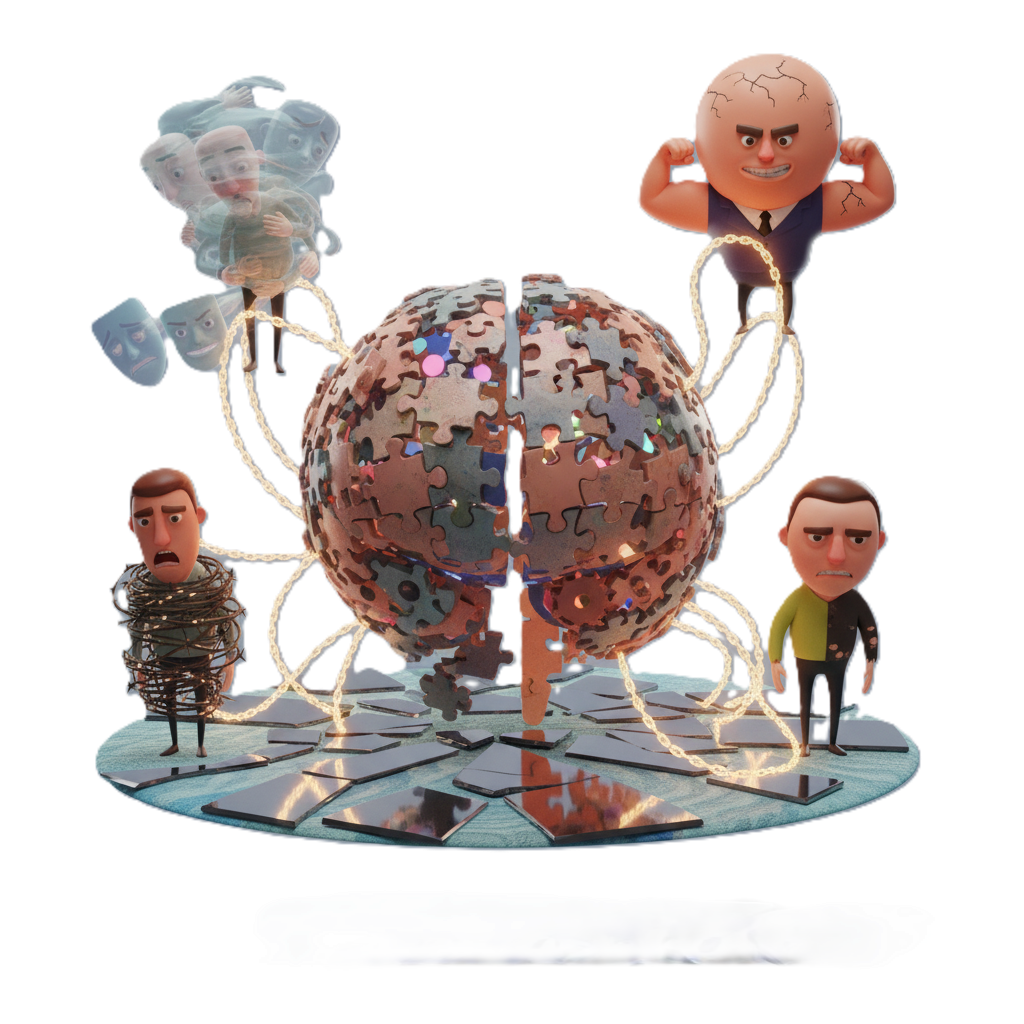

Paranoid Personality Disorder
Paranoid personality disorder (PPD) is a mental condition in which a person has a long-term pattern of distrust and suspicion of others.

Personality Disorders
Personality disorders are a group of mental conditions in which a person has a long-term pattern of behaviors, emotions, and thoughts

Schizoid Personality Disorder
Schizoid personality disorder is a mental condition in which a person has a lifelong pattern of indifference to others and social isolation.
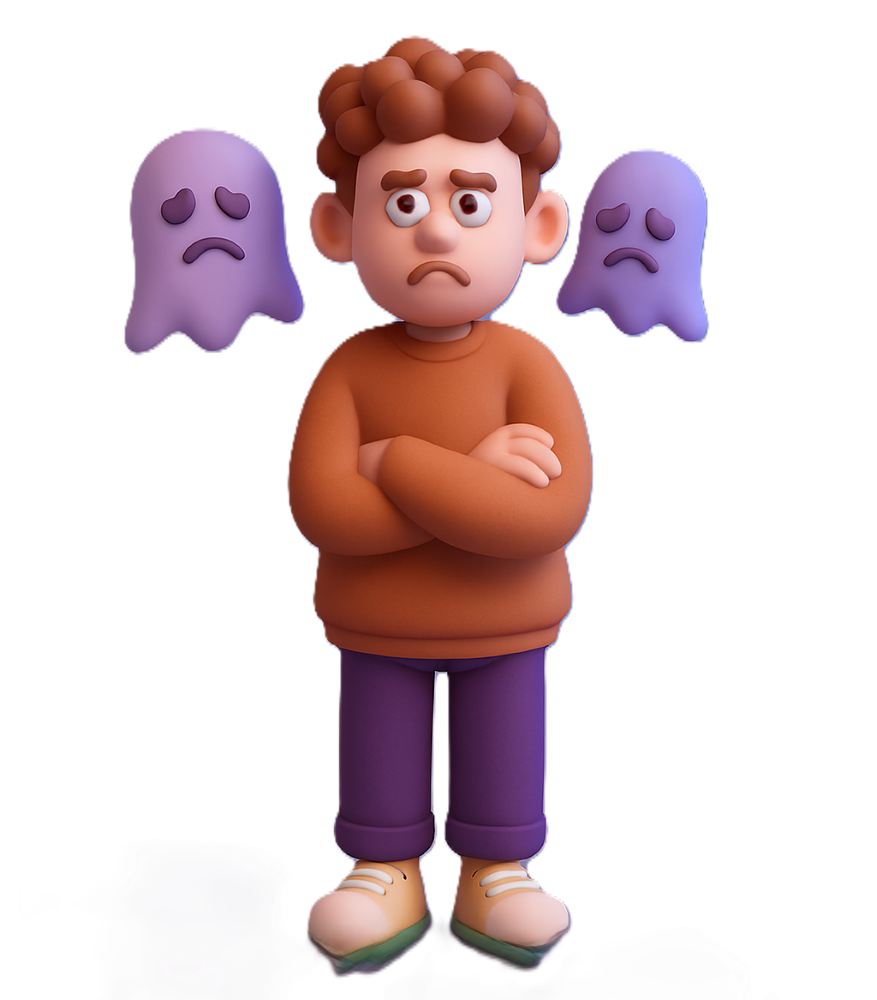
Schizotypal Personality Disorder
Schizotypal personality disorder (SPD) is a mental condition in which a person has trouble with relationships and disturbances in thought patterns, appearance, and behavior.

Bipolar Disorder
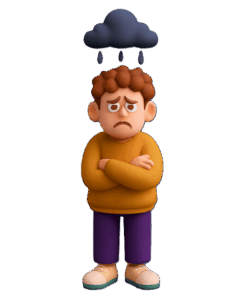
Depression

Suicide

Post-Traumatic Stress Disorder
Strong, Healthy, Empowered
Explore the key areas that support women’s health from preventive care to emotional well-being designed to empower you at every stage of life.

Breast Health

Reproductive Health

Healthy Aging

Mental Well-being

Nutrition & Fitness

Preventive Care
-
Find a clinic near you
-
Call for an appointment!
-
Feel free to message us!
About Us
At MediCenter we intend to create medicines that improve both the quality and duration of patient lives.
- 2702 Memory Lane
Chicago, IL 60605
Additional Links
- test October 20, 2025
- Hello world! October 7, 2025
- Many doctors use wrong test to diagnose kids food allergies February 12, 2017
- Rising cost of diabetes care concerns patients and doctors January 15, 2017
- Can breakfast help keep us thin? Nutrition science is tricky January 5, 2017

